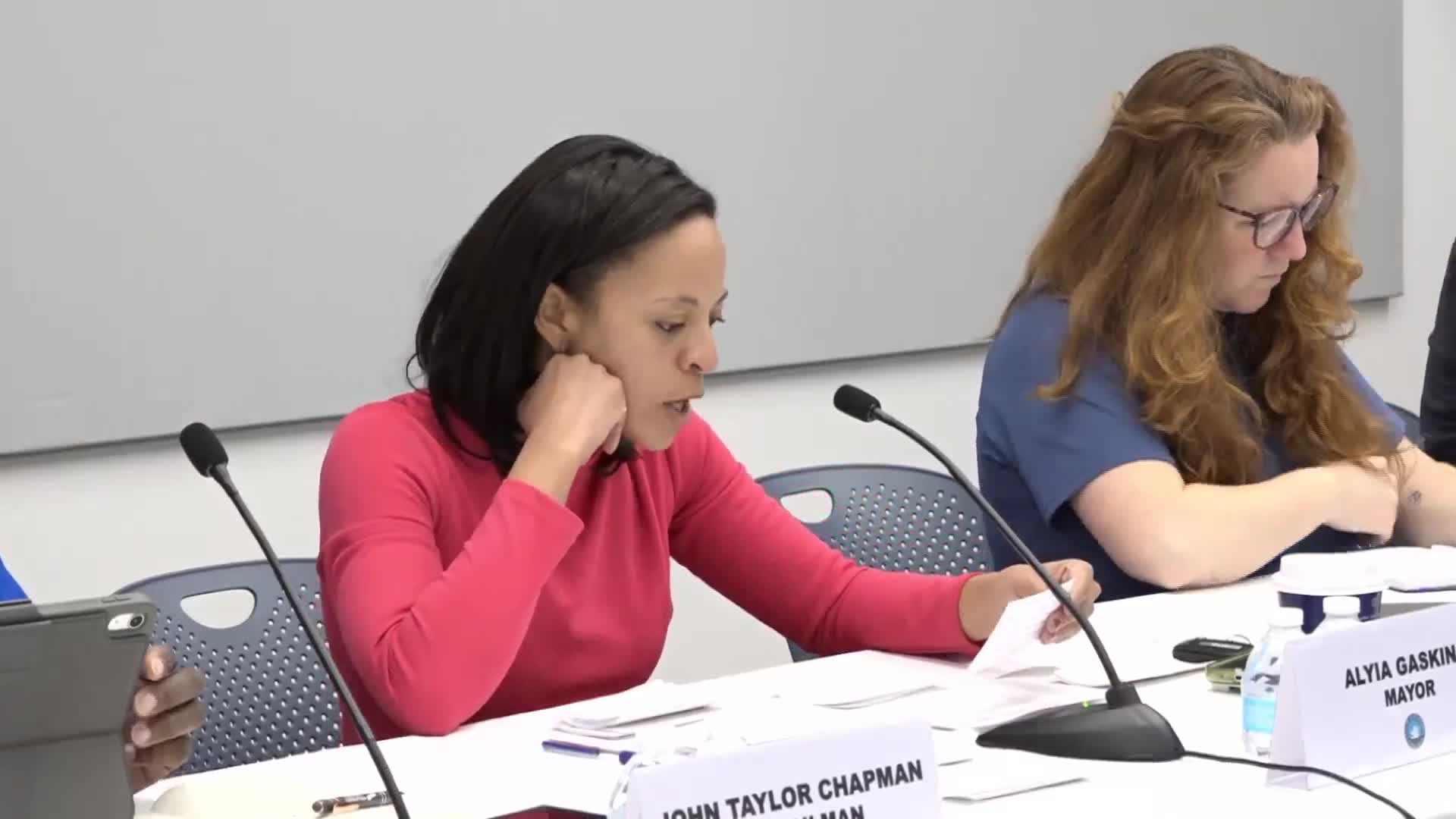Article not found
This article is no longer available. But don't worry—we've gathered other articles that discuss the same topic.
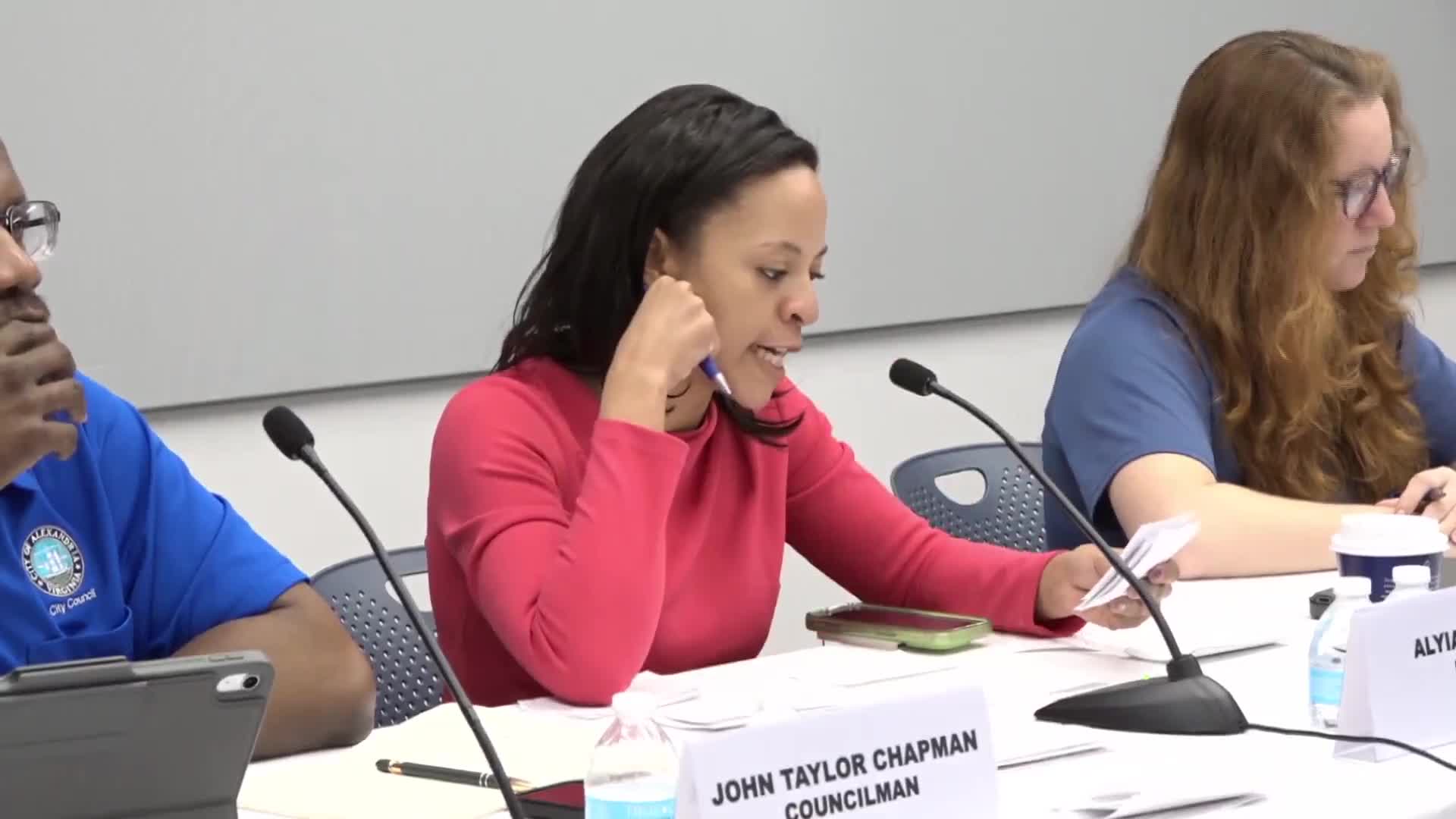
City extends Torpedo Factory artist leases for a year while a new governing entity is pursued
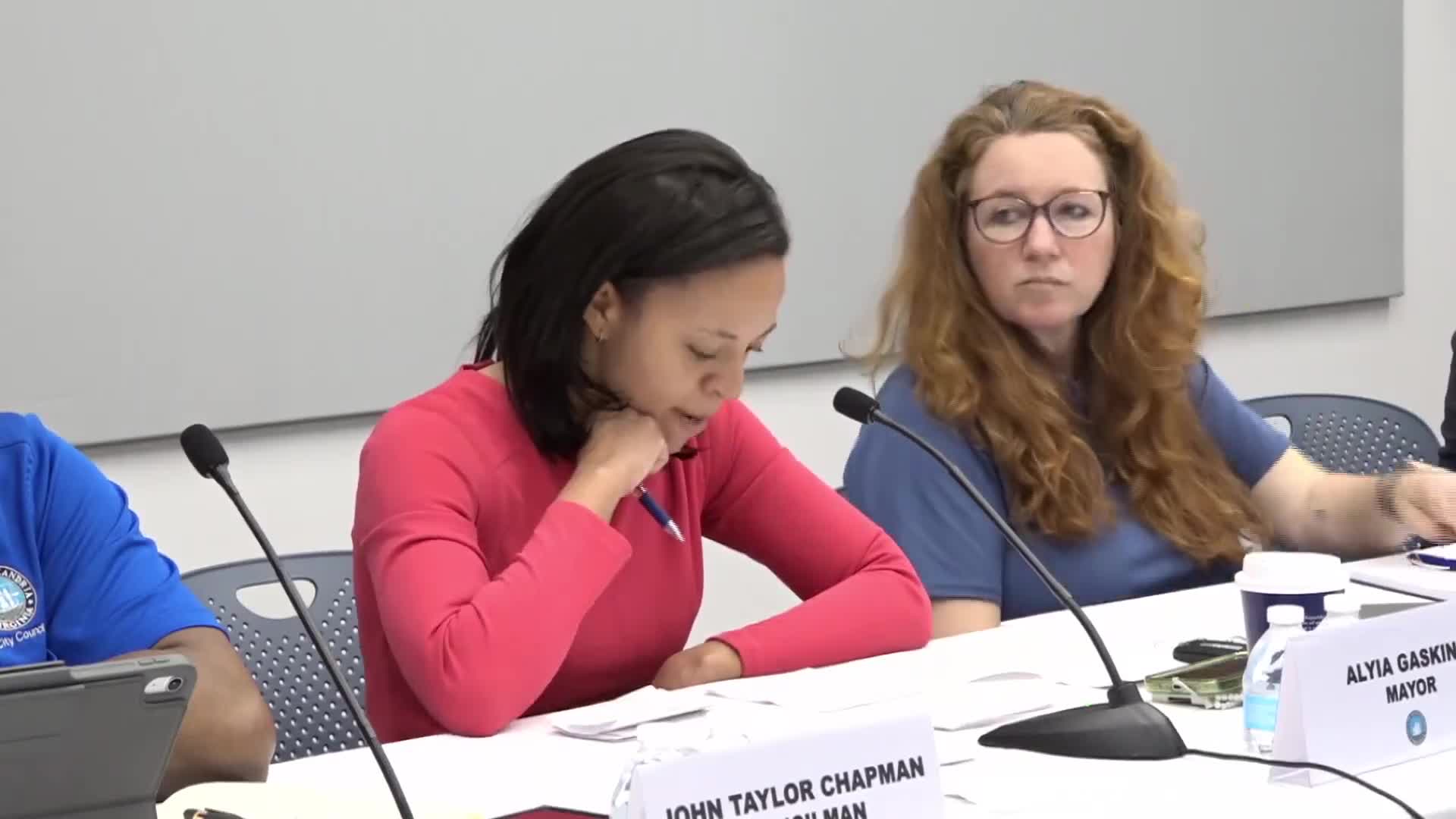
Council members call for more transitional and affordable housing as part of response to homelessness concerns
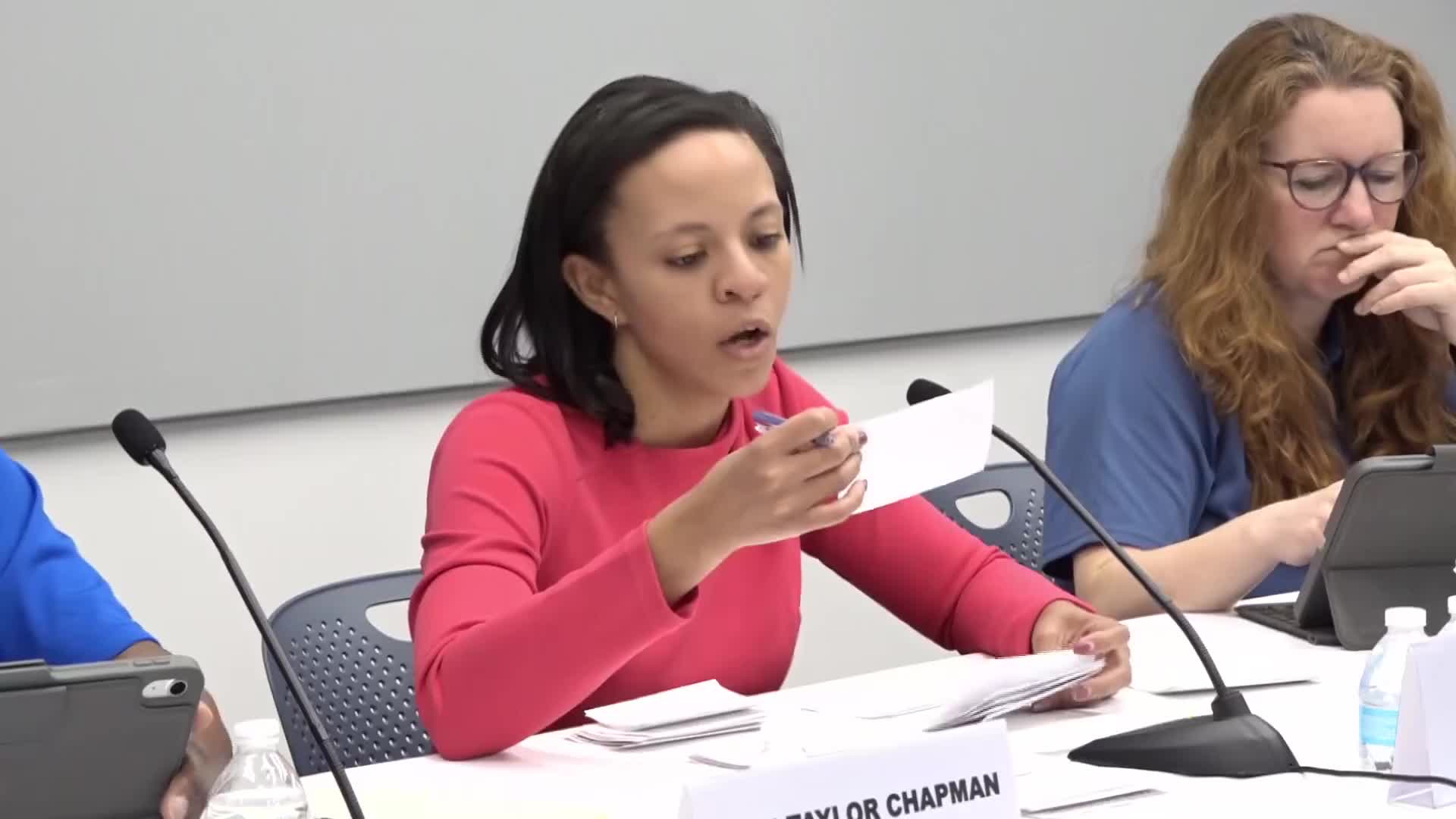
Landmark Mall redevelopment to include Inova hospital, officials say; project pages and outreach available online
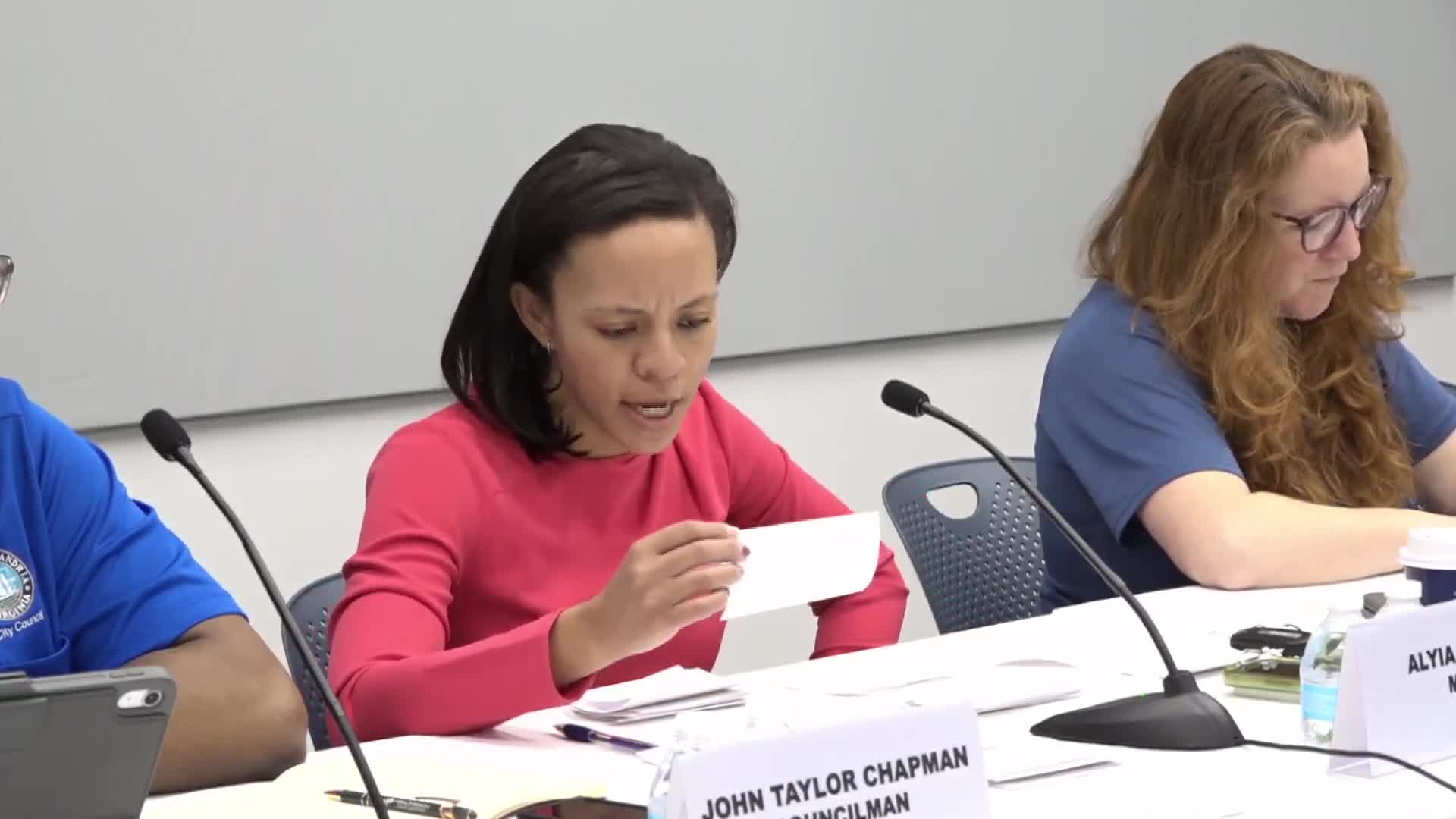
City attorney explains subpoenas in zoning‑for‑housing litigation; council declines further comment on pending case
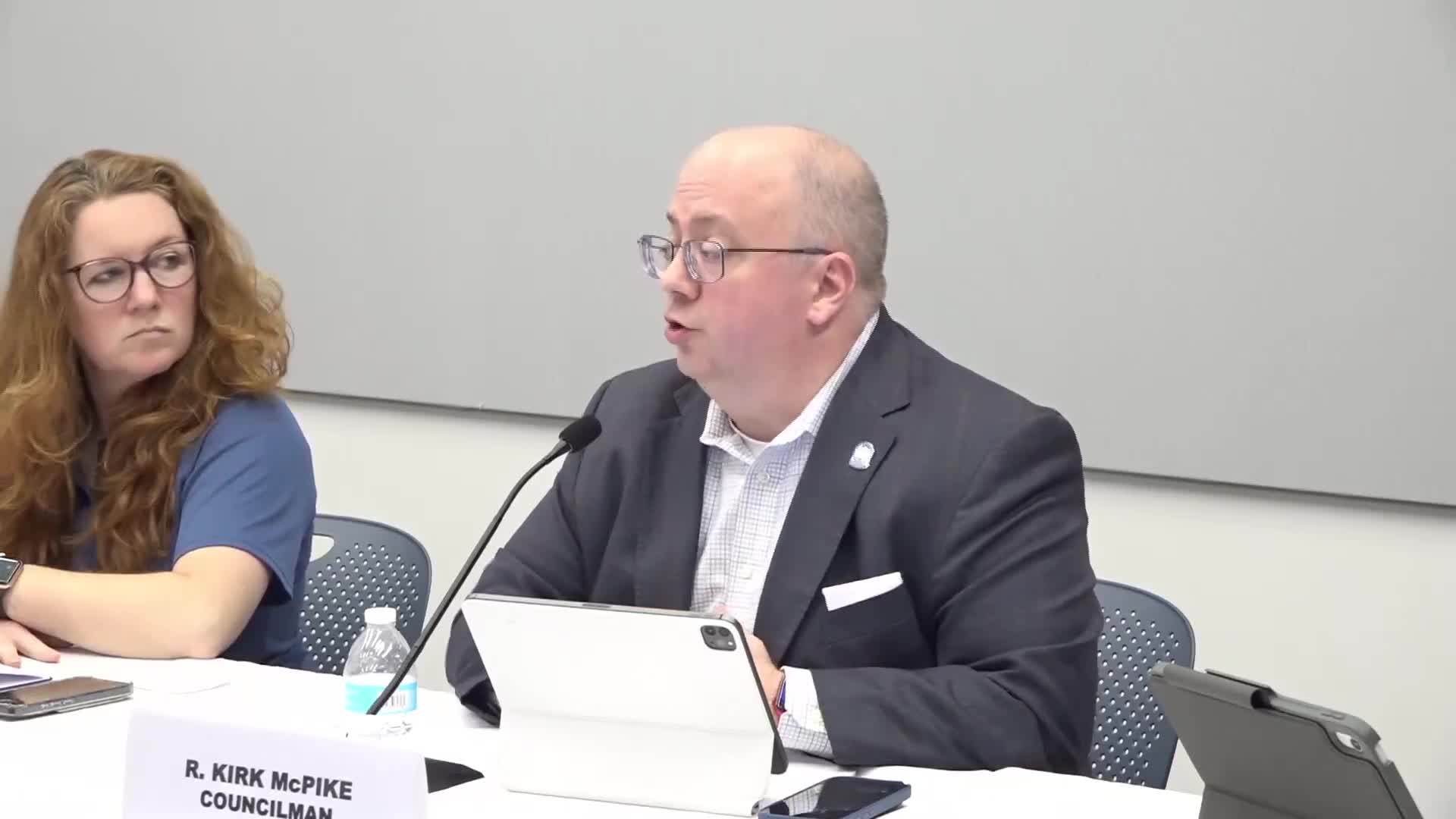
Alexandria council stresses fiscal caution as schools, collective bargaining and budget cuts dominate town hall
